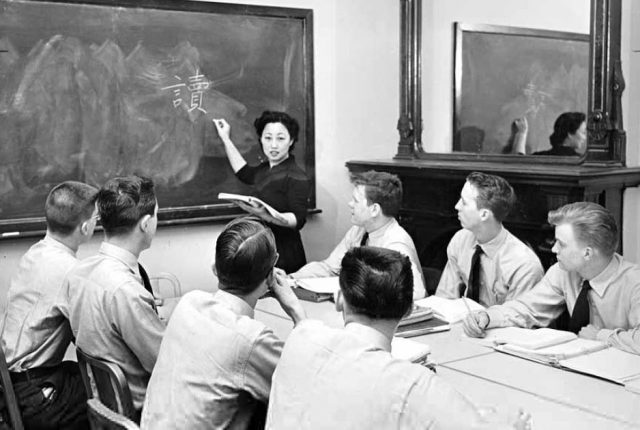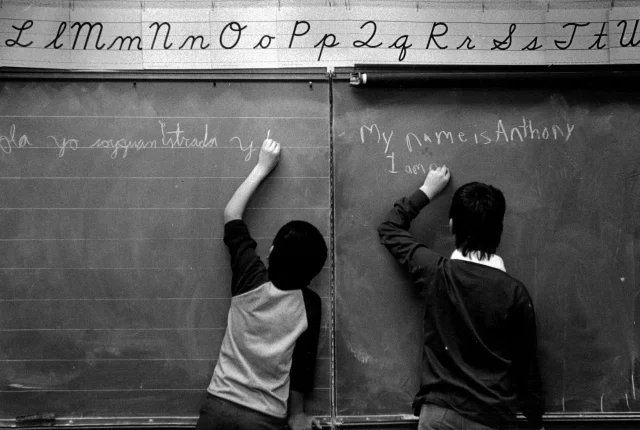Encyclopedia
Encyclopedia of foreign language learning
Human language is the greatest technology ever invented. It’s what makes us different from other animals. We can use sounds to express ideas in our minds and it allows us to share discoveries and inventions with people across the world and through time.
It is the only formal language that has acoustic representation, and the only animal language that is built out of cultural symbols.
Language acquisition is also special. Every parent watching their children grow wonders how they are capable of learning such a complex thing without any instruction in such a short time. But the same parents sometimes struggle becoming even conversational in a foreign language.
Despite language learning being a million years old, plus 200 years of serious research, the demand, and the developments in technology and AI, people nowadays still struggle with learning languages.
In this encyclopedia we will see how language evolved and formalized, and what we currently really understand about learning in general, language learning and language acquisition.
The success of language learning lies in the way you learn. In order to be successful, you have to take language learning into your own hands and use the methods that work.
Other categories
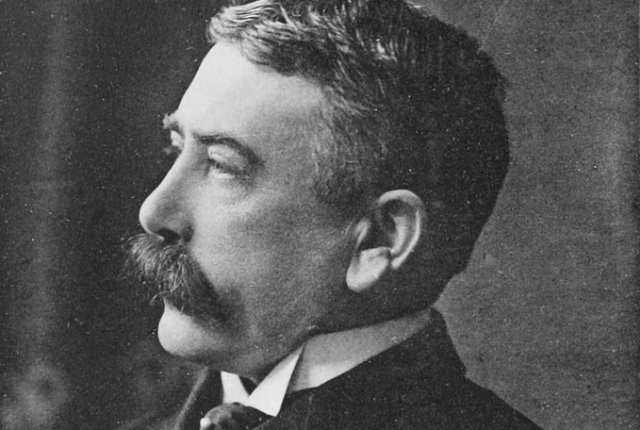
Ferdinand de Saussure: The father of linguistics (1857)
Ferdinand de Saussure, born in Switzerland in 1857, is regarded as the founder of modern linguistics. He laid the foundation for many of the developments in linguistics in the twentieth…

The grammar-translation method: The first official learning method (1880)
During the 17th century, the primary purpose of teaching Latin and Greek was not for spoken communication but rather to educate scholars and create “the illusion of deep knowledge”. It…
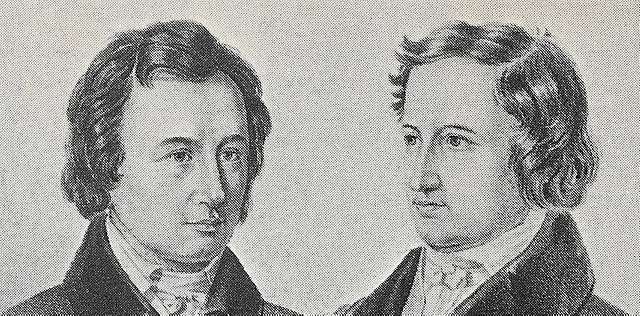
The Grimm brothers: Rockstar linguists (1822)
The 19th century investigated language and learning in more detail. This led to the formal development of linguistics, phonetics, and neurolinguistics, as well as the first-ever formal language learning method,…
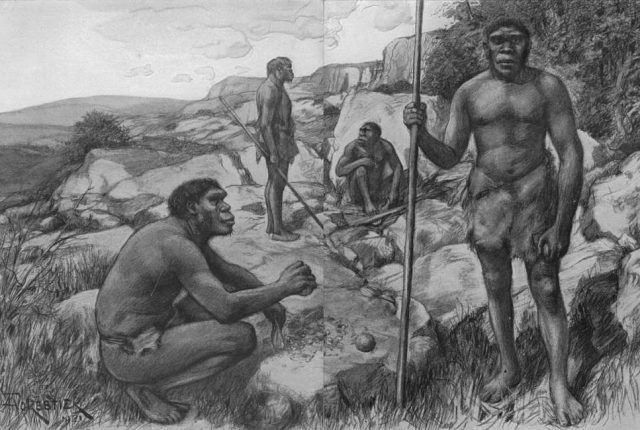
Beginning of language (1 million years ago)
Language is not a recent development in human history. Not so long ago, researchers claimed that language is about 50,000 to 100,000 years old and possessed exclusively by Homo sapiens….
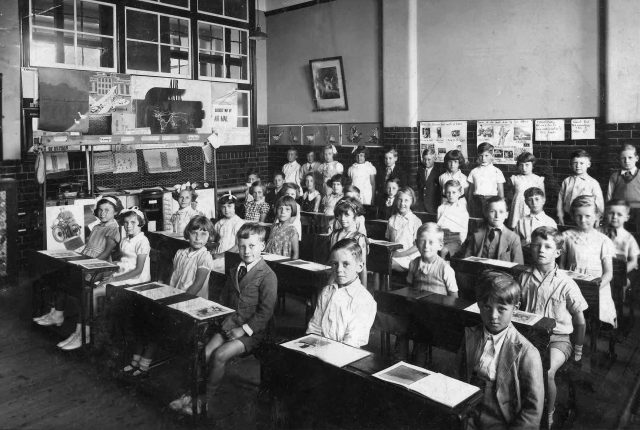
Audio-Visual Language Teaching: A Comprehensive Overview
Audio-visual language teaching represents a methodological approach that integrates visual and auditory media to enhance language learning. This method exists in both strong and weak versions, with the strong variant…

Learning and Teaching Second Languages
Since the early days of studying how people learn second languages, there’s been a focus on how this knowledge can improve teaching. In 1976, Krashen came up with the monitor…

Autonomy in Language Learning
When we talk about autonomy in learning, we mean how much control learners have over their own learning process. Autonomous learners take charge of setting goals, deciding what to learn,…

Language Aptitude: Why Some Excel in Learning Languages
Why do some individuals excel in learning languages while others struggle? The concept of language aptitude seeks to answer this question by identifying innate abilities specific to language learning. While…

Age and Language Learning
Have you ever wondered why some people seem to pick up new languages effortlessly while others struggle? The answer might lie in age-related factors that influence language acquisition. Let’s dive…

Attitudes and Language Learning
Language acquisition is not merely a process of mastering forms and rules; it’s intertwined with social, subjective, and objective dimensions, encompassing the attitudes, habits, and cultural traits of its speakers….
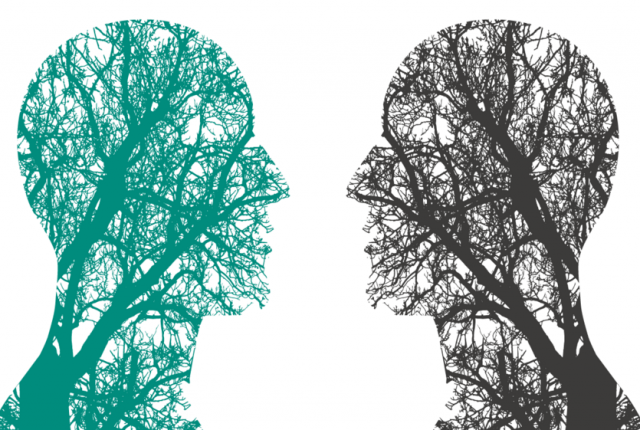
Applied Linguistics: From Theory to Practice
The realm of applied linguistics is a dynamic and evolving field, serving as both a source of theory and a practical guide for language teaching. Its journey from its inception…


